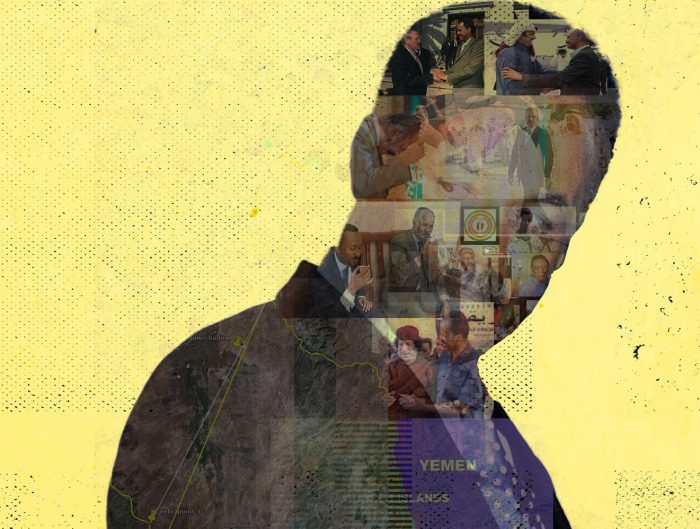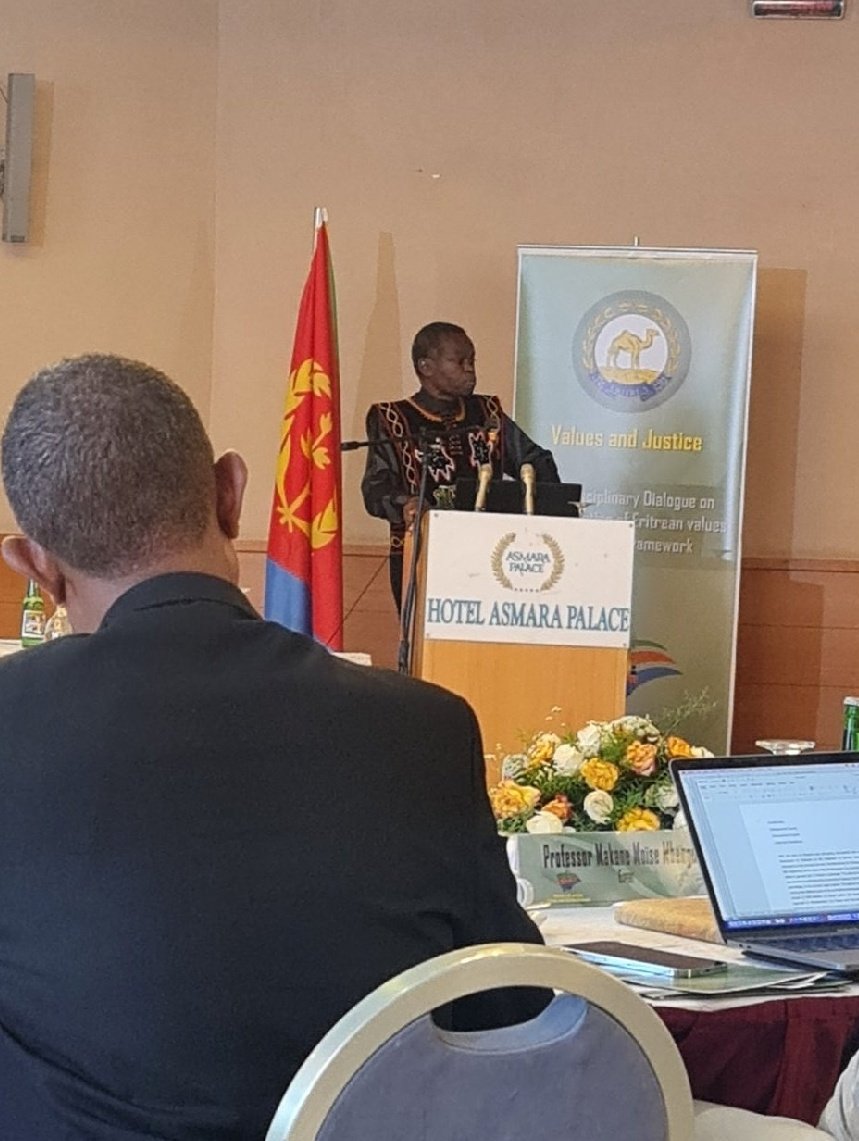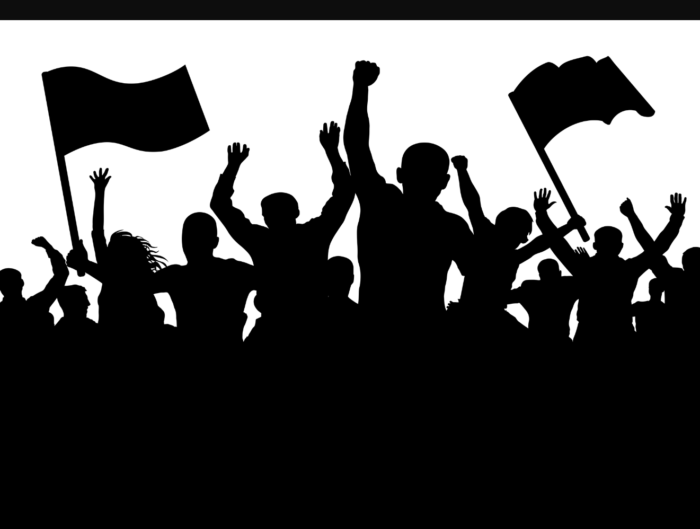The UN’s HRC, which mandated the Commission of Inquiry on Eritrea (CoIE) to conduct an investigation on whether senior government officials are guilty of “crimes against humanity”, is expected to convene in June.
Eritrea’s ruling clique has never shown concerns over the many sanctions against Eritrea. This is because the impact of the sanctions fall more heavily on the civilian population, while the handful who wield power, and who have amassed untold amounts of fortune, remain relatively unaffected. They have channels that circumvent the sanctions regime including Chinese, Ukrainian and Belarus sources of weapons and other materials facilitated by Hong Kong and Italian intermediaries.
The ruling clique also brings in hard currency through the human trafficking network from Asmara to Sinai and Italy. Such network is estimated to generate over 100 million Nk per month.
On the other hand, the regime has shown serious concern over the upcoming recommendations of the Commission of Inquiry on Human Rights in Eritrea. The president himself appears to be confounded. On one occasion, he was heard to say that sometimes he did not understand the direction the country is taking. On other occasions, he claims not be involved in security decisions at the presidential level since they are made by Brig. Generals Abraha Kassa and Simon Gebredengle, the director and deputy of National Security, respectively. In moments of desperation, he has argued that “those holding prisoners at Guantanamo should first be brought before The Hague, and then it would be just to bring us before the court.” What may be concluded is that, for the first time, the regime is fearful of where this commission’s work may end.
While many mid-level and senior officials of the ruling party and government of Eritrea worry that the Human Rights Council will find them guilty of crimes against humanity, an elite gang, including President Isaias Afwerki, appears to have designed a multi-pronged approach to dealing with the damning findings.
Here are the strategies the senior officials are pursuing to blunt the findings of CoIE:
1. Overwhelming HRC with “popular support”
If there is one thing Eritrea’s ruling clique is good at, it is organizing Eritrean masses, including the Diaspora, in petitions and demonstrations. At seminars and festivals it organizes, and the “community centers” which are run by its loyalists, it sent a directive in July that there are forces arrayed against Eritrea who are intent on compromising its sovereignty and organizing a regime change. These forces may wear masks of human rights activists but are, it argues, actually regime change advocates enforcing the will of the United States and its surrogates in the West and in Ethiopia. They, it is claimed, see the government as an obstacle to their hegemonic and neo-colonial agenda. By successfully equating its stranglehold on power with safeguarding Eritrea’s autonomy, and by creating an “Us vs Them” choice, it has encouraged and coerced thousands of Eritreans, particularly those in the Diaspora who depend on its goodwill to renew their passports, work permits, and entry visas to Eritrea. This is supposed to show the Human Rights Council that it enjoys a wide and deep support; that it has legitimacy to govern; and that any “interference” on how it governs the country is a violation of its sovereignty.
2. Discrediting CoIE and, if necessary, HRC
The government’s mouthpiece, shabait.com, tipped its hand that this is one of its strategies when it accused the Commission of Inquiry of planning to disseminate its findings prior to the due-date. The government hopes to discredit the CoIE as a biased entity which has already formulated a conclusion and has only been collecting data and testimonies to support its findings. This will extend to the HRC, if necessary, and the entire United Nations.
3. Exploiting the Duality of Mandates-Holders: Between Special Rapporteur and CoIE
There are actually two mandate-holders on human rights in Eritrea: the Special Rapporteur on Human Rights in Eritrea (Sheila Keetharuth) and the Commission of Inquiry on Eritrea (a three-person team which includes Sheila Keetharuth.) Both mandate-holders report to the UN’s Human Rights Council. The fact that both mandate-holders have overlapping members and report on the same month (June) to the same UN agency (HRC) has been exploited in the past by Eritrea’s ruling regime to garner sympathies by claiming it is being bullied by the UN.
4. Securing Arab Gulf, Chinese, Russian Allies
By joining the Saudi alliance, the government of Eritrea can count on Saudi Arabia, Gulf States and, crucially, Egypt–a member of the Security Council–to vote against any “crimes against humanity” indictment. Coupled with the anticipated position of Russia, China and Qatar, it may be just enough to block affirmative votes in the Security Council.
5. The Illusive “Moderate” Wing
Like that of most Marxist-Leninist organizations, the political culture of the ruling regime is anchored on “democratic centralism”: that policy, once debated, is binding on all. During the 1998-2000 border war with Ethiopia, Eritrea’s ruling clique used to mock, and be frustrated by, Western mediators’ arguments that they couldn’t make much headway with Prime Minister Meles Zenawi because, although he is a moderate, he is surrounded by hard-liners and his hands are tied. Now, Eritrea’s ruling elite seems to have adopted “if you can’t beat them, join them” approach: it presents itself as one that has its own hardliners and moderates.
According to this narration, Yemane Gebreab, the political director of the ruling party, leads “the moderate” wing of PFDJ; in contrast, an amorphous group of “national security types” leads the “hardliner” wing of the party; and the president, Isaias Afwerki, is torn in between. According to this argument advanced by Yemane Gebreab, engagement would strengthen the moderates and punitive measures wound strengthen the hardliners and thus it is in the interest of the West to strengthen the hand of the moderates by lifting the sanctions, and ending the mandate of CoIE and the Special Rapporteur in favor of incremental progress via the Universal Periodic Review.
To lend credibility to this report, “the moderates” announce –sometimes publicly, sometimes privately–measures they can’t deliver on including implementation of the 1997 Constitution; drafting a new constitution; term-limiting National Service; significant raises to salaries of civil servants; adoption of reformed civil and penal code complete with habeas corpus.
These arguments have won Yemane Gebreab some sympathy. In fact, despite the language of UN Resolution 1907 which, among others, imposes travel bans on Eritrea’s political and military leaders, it was western governments who lobbied the UN to have his name removed from the ban: since he is the only interlocutor, banning him would close all doors.
By the time the gullible Western diplomats, scholars, and journalists realize (see here and here) that the “moderates vs hardliners” narrative is a con because, in Eritrea, all power is centralized in the hands of President Isaias Afwerki, they are no longer relevant because new believers have been recruited.
6. Focusing On Overreaches
The report of the Commission of the Special Rapporteur may have overreached in some of its findings. For example: under what mandate can it examine the tearing down of homes inside Eritrea? That surely is an internal matter governed by local laws and regulations. In gathering evidence about human rights abuses, the commission is liable to have given credence to false and exaggerated testimony. For example, the testimony claiming that there are underground cells housing slave laborers of the mines is an example of such testimony.
While the government’s categorical denial of human rights violations is absurd, it is probable that some evidence gathered from National Service asylum seekers is likely to be self-serving, especially after they are told that National service without end is not enough grounds for asylum. Such testimony may not withstand the high hurdle human rights abuse charges would require.
7. African “Hague-Phobia”
The regime may get help to blunt or fight the charges the commission brings against it from African regimes, who argue only African governments have been brought before The Hague. Even though President Isaias Afwerki has no friends in Africa, his lawyers may argue on technical grounds and find fault with the commission’s case to delay and galvanize support from African leaders who may feel they will be next if they don’t side with the President today.
Among neighboring countries, Djibouti is very likely to stand against the regime on the commission’s report whereas Ethiopia’s position is likely to be influenced by its own internal politics. It is not clear that the Ethiopian regime would welcome the demise of Isaias Afwerki. Some within the government are happy to see him destroy and weaken Eritrea. They don’t want change at this time because they are uncertain that they can replace him with a government friendly to Ethiopia. There are also those who want to see a democratic Eritrea because a peaceful and prosperous Eritrea is good for regional peace.
The 2015 report of the Commission of Inquiry demonstrated that the mandate-holder is very well informed on how the ruling clique coerces Eritreans, including those in the Diaspora, to “choose” to support it: it documented cases of surveillance, restriction of freedoms, detention, torture, ill-treatment, arbitrary deprivation of life and property and a country ruled by fear due to “systematic, widespread, and gross human rights violations.” The challenge for CoI now is to show that these violations are, per the Rome Statue (Eritrea is a signatory), “particularly odious offences in that they constitute a serious attack on human dignity or a grave humiliation or degradation of human beings” and that they were approved at the highest level of government.
[tweetthis]Eritrean Regime’s Strategy To Deal With Geneva[/tweetthis]




Leave A Reply